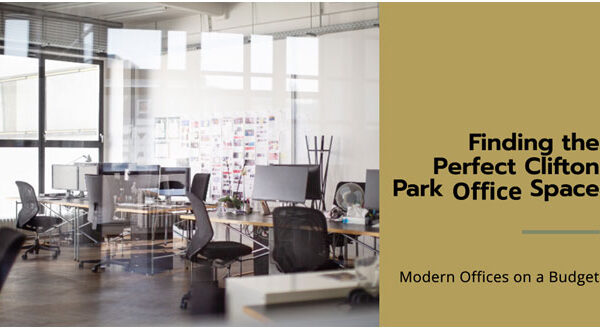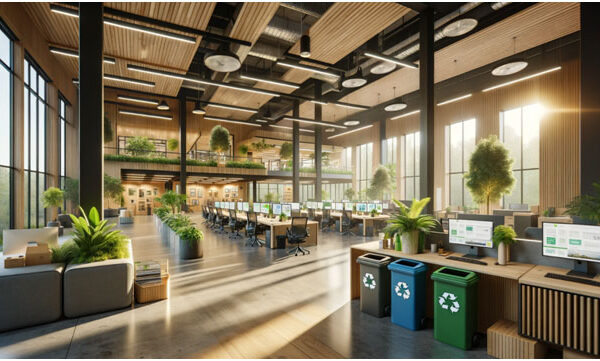Lighting up the “open” sign on any business is preceded by many arduous hours of preparation, planning, negotiating, budgeting, and an infusion of capital. The stakes are high when beginning or expanding any business. A significant factor in putting any retail or commercial enterprise on a path towards successful profitability is finding the right commercial property for rent.
Unlike the month to month rent of residential units, entrepreneurs must find a commercial space for lease which locks in a reasonable amount of time for the business to succeed. When searching for a commercial property for rent, time commitments are an essential part of the lease. Opening any commercial or retail enterprise comes with investments in building out the infrastructure of the commercial space.
Once found and secured the commercial property for lease must be built out to accommodate the commercial or retail enterprise that will occupy the space. This makes the initial term as well as the options for extensions of the commercial space for lease an essential consideration that can make or break the chances for success of any business.
If the commercial property for lease does not offer an initial term that makes the build out investment economically reasonable, it will affect the success or failure of the business which occupies the space. Likewise, without contractual terms of lease extensions built into the initial contract for the commercial space for rent, the business cannot plan for success.
Both sides, the lessor and the lessee of commercial properties have a vested interest in securing a known, predictable time for the occupancy. Both sides of the commercial property lease need to take part in negotiations for a successful contract for all. Entrepreneurs looking to secure a commercial property for lease should consider these essential tips when negotiating with landlords, owners, or brokers.
KNOW YOUR BUDGET
After finding your “perfect” commercial space for lease, and before you begin negotiations, know specifically the limits of your budget. Unlike residential rentals and leases, commercial properties include many other expenses along with the rent payments. Learn about the types of commercial leases.
Types of Commercial Leases
The negotiation of a commercial lease may involve representatives of the landlord, owner, or potential tenant. In the end these representatives will not be signing the contract, it will be signed by the interested parties, business tenant and the landlord, owner, or corporate officers of the owners. Therefore, it is important as a commercial lessee that you understand the terms, conditions, and financial obligations of the lease. A commercial lease is a legally binding document between the business tenant and landlord with specific financial obligations, even in default.
Understanding the type of lease is a major factor in determining the costs for utilizing the commercial space. The most common type of commercial lease is:
- The Net Lease With a Net lease, the tenant is responsible for a base rent payment PLUS, additional expenses. These additional expenses might include:
- Utilities
- Insurance
- Property and or Building Maintenance
- Real Estate Taxes
A Net Lease comes in many forms. These include the Single, Double, Triple, Full Service Gross Lease along with the Bondable Net Lease, and others. Each type of lease lays different financial responsibilities on the tenants and owners while the commercial space is rented.
KNOW WHAT YOU CAN AFFORD
Know the base rent that makes the commercial space for rent workable for you. Vacancies in commercial property for lease are not good for property owners, so there may be a willingness to negotiate. Do not just look at the price per month when calculating rental rates. Concessions like free or discounted rent during the build out can add up to an appreciable discount.
TIME TERMS OF LEASE
Negotiating the rent goes hand in hand with base time of the lease as well as extensions, and terminations. In some cases, committing to a longer time frame, can lead to lower monthly rent payments, or a guaranteed rent at renewal. Owners and landlords prefer occupied buildings.
RENEWAL TERMS OF LEASE
Lock in renewal terms and rents by spelling them out in clauses of the initial lease agreement. Typical commercial property for lease terms may include a multi-year lease with an automatic renewal at a specified term and base rent. By extending the initial lease term and renewals, the tenant offers the landlord or owner the security of an occupied space for a longer guaranteed time. This may help in negotiating a favorable rent rate.
To Find a Commercial Space for Rent – Search, Budget and Negotiate
Everyone searching for a Commercial Property for Rent must be prepared in many ways. Finding the right commercial space for rent is only the beginning. Many have heard the mantra of real estate, Location, Location, Location. When it comes to the commercial space for rent, the location is dictated by its use. For commercial retail spaces, traffic, visibility, and accessibility may be the most important factors in finding the right commercial property for lease. While for other businesses looking for commercial office space, manufacturing or warehouse accommodations, the right location has different parameters. Once you have found the commercial space for lease that best meets your requirements, preparing a concise budget and negotiating a lease which stays within its limits are essential.
Commercial property for rent, offers many options. Base rents, time, renewals, early terminations, sub-leases, co-leases; co-tenancies are all factors that need to be nailed down. It is seldom a “buyers” market for commercial real estate with a great location and amenities but the savvy renter should be able to find a good fit, after doing some research.




